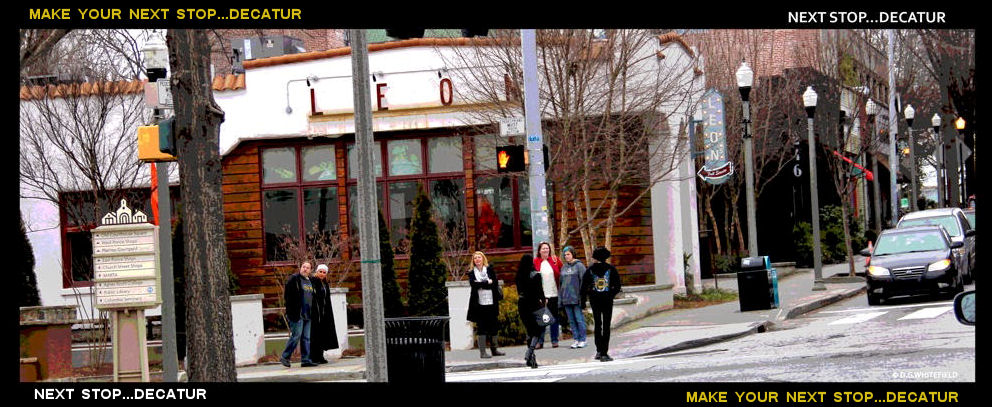From the ajc
By Bill Banks
The rambling 1950s-era brick complex, home to the police department and other organizations, is a nearly-forgotten piece of Decatur history.
o most residents, if they notice the buildings on the edge of downtown Decatur at all, they appear as drab relics of a past that has no connection to the city’s contemporary image.
Elizabeth Wilson wants to change that perception. To Wilson and other African-Americans who lived in Decatur 45 years ago or longer, the structures have a significance that’s at once symbolic, emotional and historic.
Earlier this year, when the Decatur City Commission approved financing for a master plan to renovate the complex, Wilson set about making sure everyone involved in the project knew exactly what they were dealing with.
“This was once called Beacon Hill,” she said, speaking of an area about three-quarters of a square mile, just southwest of Decatur’s square. “The primary thoroughfare was Atlanta Avenue, and it’s no exaggeration to say that this was our Auburn Avenue. These [buildings] were [all-black] schools called Beacon Elementary and Trinity High.”
It’s a history that Wilson knows intimately. She moved to Beacon Hill as an 18-year-old in 1949, and nearly a half century later became Decatur’s first (and to date only) mayor who was both a woman and African-American.
She can drive around the former Beacon Hill and map out a verbal grid of the district’s halcyon days, including at least a dozen streets that no longer exist. She points out where the Ritz Movie Theater stood, and where other businesses were, including Rogers Cab Co. , Mossman’s Grocery, Kilgore and Anderson’s Barbershop, Spates Barbecue Stand, LC’s Rib Shack, the Cox Brothers Funeral Home, Tom Steel’s Cafe (known for its sausage “splits” that cost 10 cents), George Sterling’s Cafe (whose splits were 15 cents because they had lettuce, tomato and, Wilson said, “real meat”) and Thankful Baptist Church, where Jackie Robinson spoke in the early 1960s.
ajc full story


No comments:
Post a Comment